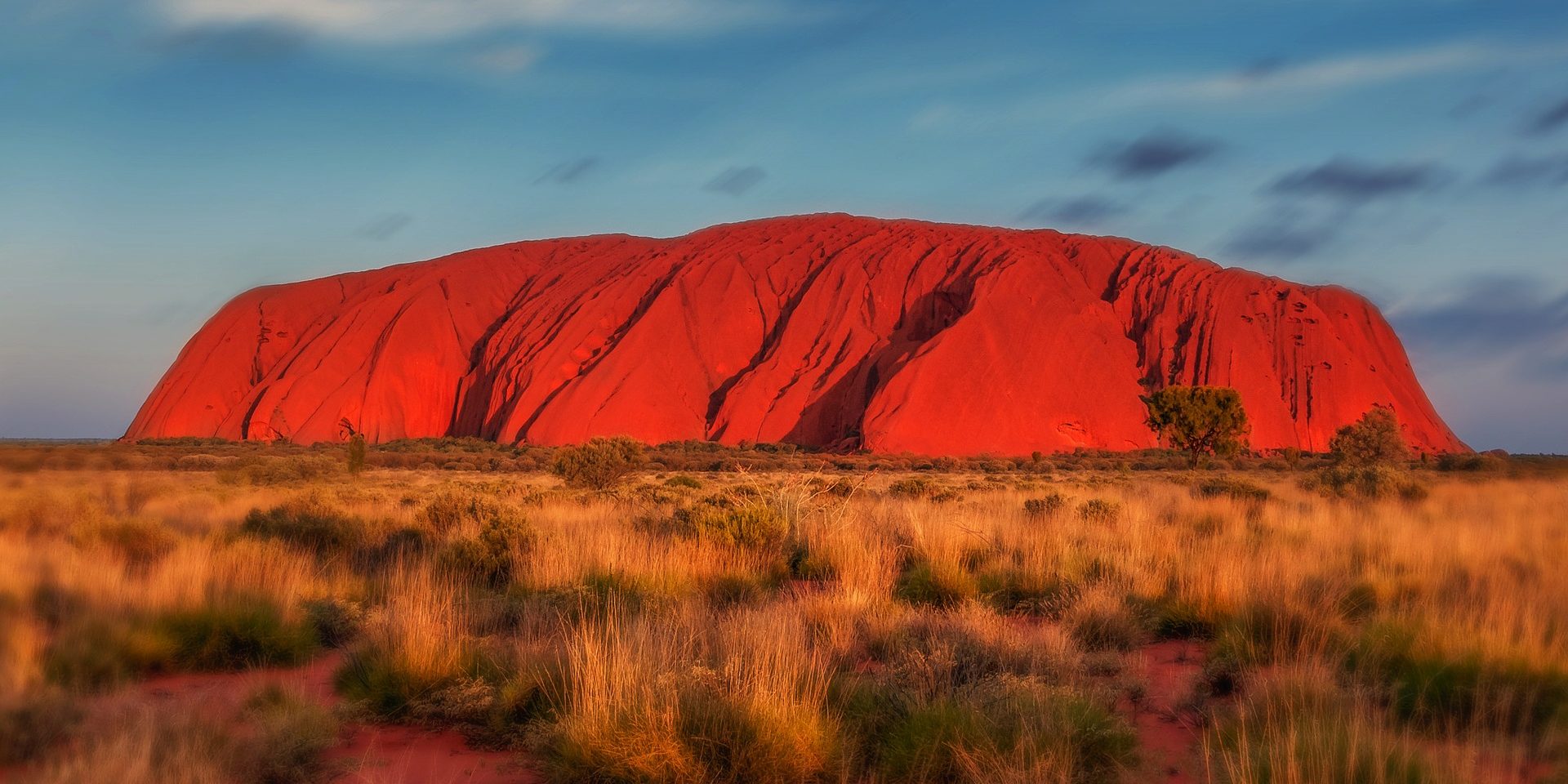Australia Day, it seems, has become a day of protest: a day when many of our society’s First Nation members and sympathisers choose to mark the coming of the European and the disenfranchisement, pain and suffering that followed at the hands of the British. More and more voices are raising advocating that we should change the date of Australia Day.
None of us can deny the arrival of the European in 1788 was accompanied by appalling treatment, including massacres, of First Nation peoples. And, while the British Crown between 1701 and 1923 struck a series of treaties with the First Nation peoples of Canada, and more have been added since, no such document has been signed in Australia.
While Australian governments have been tardy to acknowledge the need for reconciliation – it is now three centuries since negotiations began in Canada – finally moves are afoot. South Australia and Victoria have entered into treaty negotiations with their Indigenous communities, and the first document is expected to be signed within two months.
We can expect other governments to follow the lead, and for treaties to be put in place for all states and territories where they have a role to play.
The subject at hand, however, is Australia Day, January 26, the date on which the First Fleet landed at Port Jackson and the fact it has become a symbol of oppression. There are two opposing views as to the significance of Australia Day. For some, it signifies the start of nation-building and, for others, the beginning of the belittling of an ancient people and the withering of their culture.
It appears January 26 has become and will remain a poison chalice and, at some point, politicians will need to address the matter.
In this regard, it is worth noting the federal referendum of 27 May 1967, when 90.77 percent of voters countrywide cast the ballot to change two amendments to the Constitution. It was carried in all six States.
The amendments, which became law on August 10, 1967, saw Aboriginals included in determinations of population and also empowered the federal parliament to legislate specifically for Aboriginals living in either State or Commonwealth territory. The amendments have led to legislation covering land rights, discriminatory practices, financial assistance and preservation of cultural heritage.
There is a mistaken belief the 1967 referendum gave Aboriginal people Australian citizenship. In fact, they became Australian citizens in 1949, when Australian citizenship was created. Prior to that, Australians were British Subjects.
If there is to be a national day that embraces all Australians perhaps it should be August 10, Referendum Day. After all, that is the day when the nation voted overwhelmingly for changes that gave Aboriginal people a place in Australian society, and brought about laws that say no to discrimination and that ensure survival of the nation’s unique cultural heritage.
And, it is a heritage of which they, and only they, can be the guardians.
If you enjoyed this article and would like to receive future articles directly in your inbox, please click here to subscribe to our e-newsletter. For expert property management and property development advice for South East Queensland, please contact our Brisbane office on 1300 076 046.

